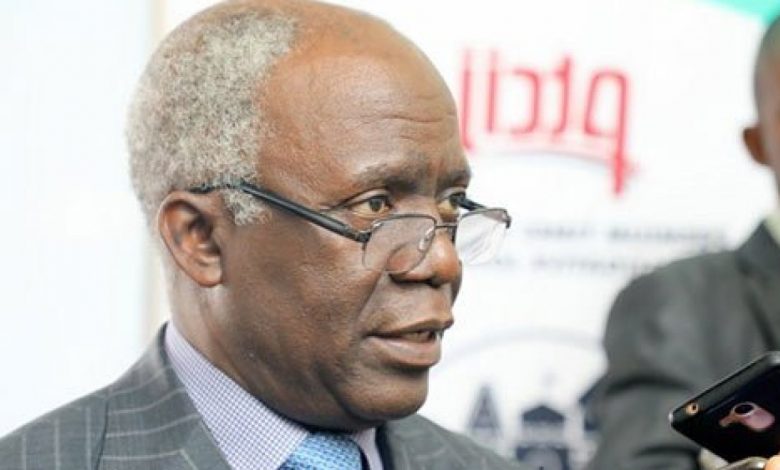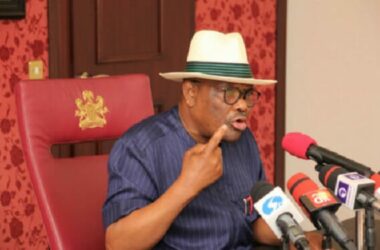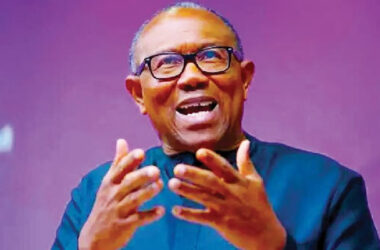The bill, sponsored by the Speaker of the House of Representatives, Tajudeen Abbas, has stirred significant criticism, particularly from prominent human rights lawyer and Senior Advocate of Nigeria, Femi Falana, who says it goes against the constitutional rights of Nigerians.
The proposal aims to make voting a compulsory civic duty for all eligible citizens. According to Abbas, any registered voter who fails to vote could face up to six months in prison or a N100,000 fine. He believes the bill will help boost voter turnout, enhance civic participation, and treat voting not just as a right but also as a legal responsibility.
However, Falana strongly disagrees. In a statement released on Monday, he argued that the proposal directly contradicts several sections of the 1999 Constitution.
“I doubt that the speaker and his colleagues paid sufficient attention to the relevant provisions of the 1999 Constitution,” Falana stated. He cited sections 37, 38, 77(2), 135(5), and 178(5), noting that these protect the right to privacy, freedom of thought and conscience, and voluntary participation in elections.
Falana supported his position with examples from past court rulings. One notable case was Medical and Dental Practitioners Disciplinary Tribunal v. Okonkwo, in which the Supreme Court upheld the rights of a patient to refuse a medical procedure based on religious beliefs.
Falana recalled, “The right to privacy implies a right to protect one’s thought, conscience or religious belief and practice from coercive and unjustified intrusion…”
He also referred to the court’s affirmation of Muslim students’ rights to wear hijabs in schools, pointing out how the judiciary has consistently defended individual freedoms against coercive policies.
Falana warned that even if the bill becomes law, it would be nearly impossible to enforce. “It is practically impossible to prosecute millions of Nigerian voters who may decide to boycott national and local elections,” he said.
He advised the lawmakers to shift their focus to more practical electoral reforms. He recommended updating the Electoral Act with key suggestions from the Uwais Electoral Reform Panel. These include restructuring the Independent National Electoral Commission (INEC), implementing proportional representation, resolving election petitions before inauguration, and setting up an electoral offences commission.










